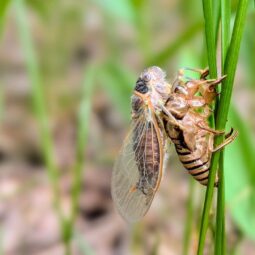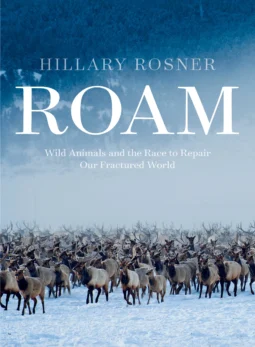 On today’s show, Beth speaks with award-winning science writer Jennifer Frazer about her upcoming book: The Slime Mold’s Guide to World Domination: A Natural Mystery. The book is a funny natural history of slime molds that’s also a mystery that asks: how can a giant crawling cell possibly be intelligent?” Jennifer has degrees in biology and plant pathology from Cornell University and in science writing from MIT, AND has blogged about the natural history of neglected organisms for nine years for Scientific American. Get ready for an eye-opening visit to the peculiar world of slime molds, not the creepy crawly things you may expect. Also, delightful dialog from the new crop of interning journalists, our Earhtlings!
On today’s show, Beth speaks with award-winning science writer Jennifer Frazer about her upcoming book: The Slime Mold’s Guide to World Domination: A Natural Mystery. The book is a funny natural history of slime molds that’s also a mystery that asks: how can a giant crawling cell possibly be intelligent?” Jennifer has degrees in biology and plant pathology from Cornell University and in science writing from MIT, AND has blogged about the natural history of neglected organisms for nine years for Scientific American. Get ready for an eye-opening visit to the peculiar world of slime molds, not the creepy crawly things you may expect. Also, delightful dialog from the new crop of interning journalists, our Earhtlings!
Executive Producer: Beth Bennett
Show Producer: Beth Bennett and Shelley Schlender
Additional Contributions: Benita Lee and Mac Hebebrand
Listen to the Show:
Podcast: Play in new window | Download (Duration: 26:58 — 37.0MB)
Subscribe: RSS



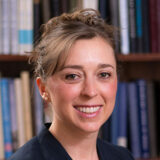
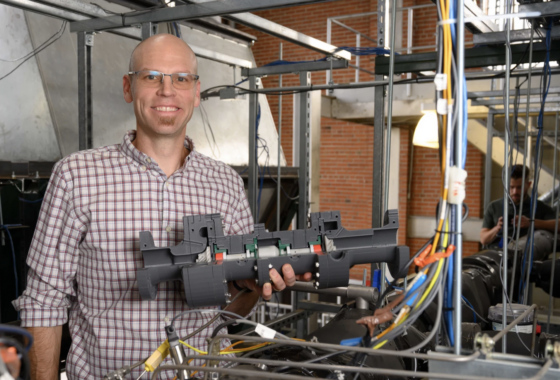
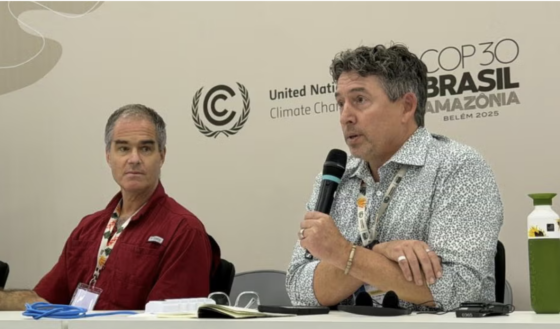
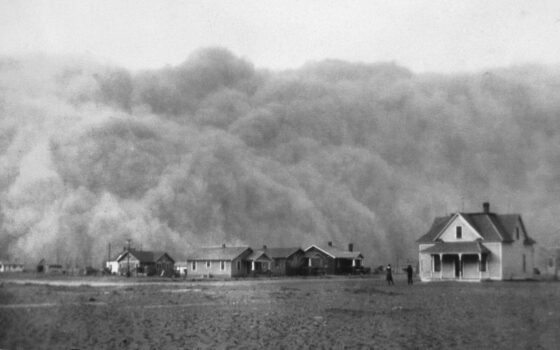
 The physiology of deciduous trees (start time: 11:09) For many people living in places with four distinct seasons, such as here in Colorado, a favorite pastime at this midpoint in autumn is watching the faded leaves fall from their branches, and listening to the crackling sound while raking up the dried leaves. In this week’s How On Earth show, we explore questions like, Why do the leaves of aspen, ash and other deciduous trees “change” color in the fall? (Spoiler alert: They actually reveal their true colors.) Why do they shed their leaves every fall? And what happens to the naked trees in the winter? Host Susan Moran interviews Dr.
The physiology of deciduous trees (start time: 11:09) For many people living in places with four distinct seasons, such as here in Colorado, a favorite pastime at this midpoint in autumn is watching the faded leaves fall from their branches, and listening to the crackling sound while raking up the dried leaves. In this week’s How On Earth show, we explore questions like, Why do the leaves of aspen, ash and other deciduous trees “change” color in the fall? (Spoiler alert: They actually reveal their true colors.) Why do they shed their leaves every fall? And what happens to the naked trees in the winter? Host Susan Moran interviews Dr.  Five years ago, Beth spoke with
Five years ago, Beth spoke with 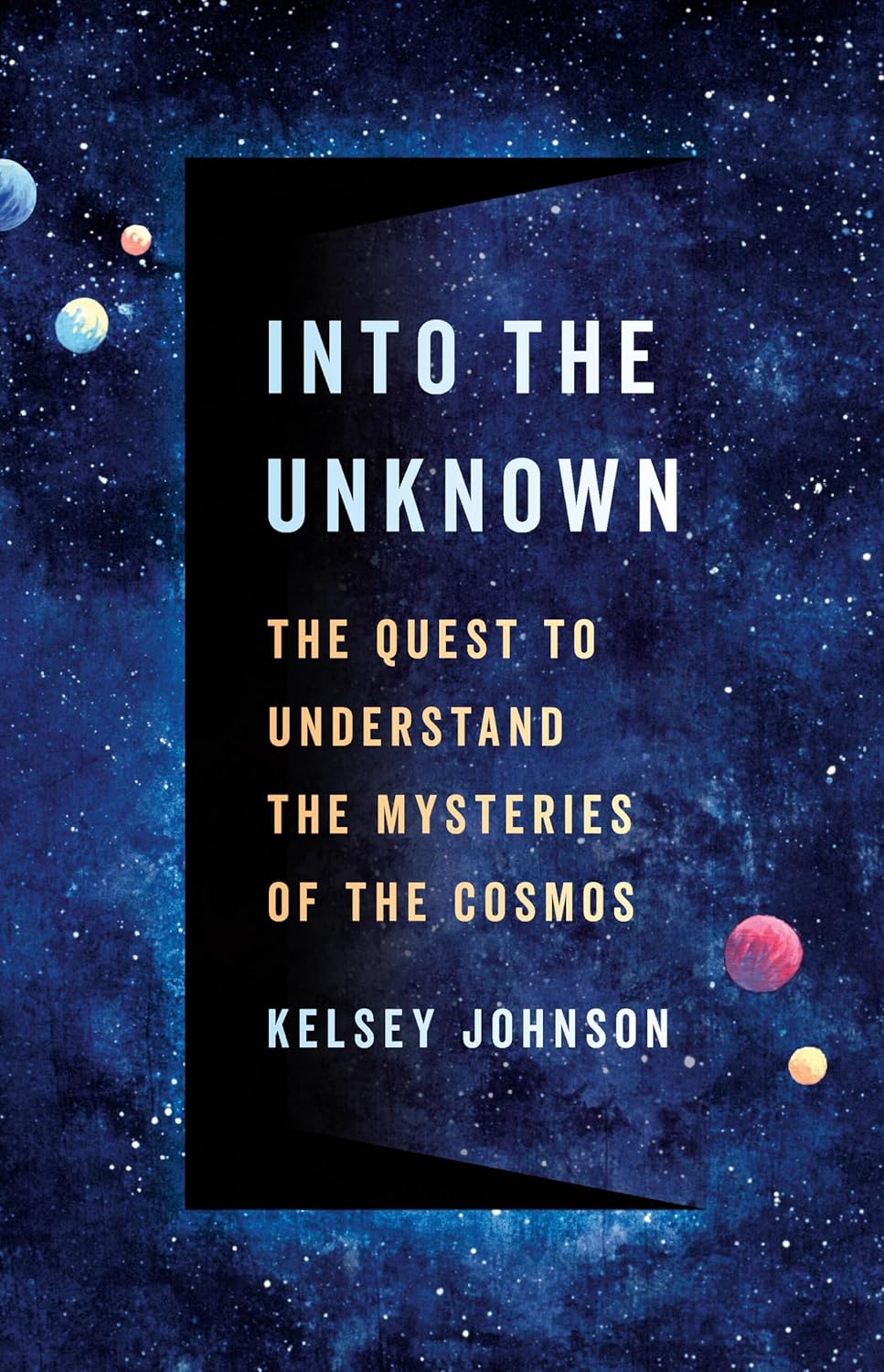 Into The Unknown (starts at 9:05) What do we know about the universe, and how do we
Into The Unknown (starts at 9:05) What do we know about the universe, and how do we 